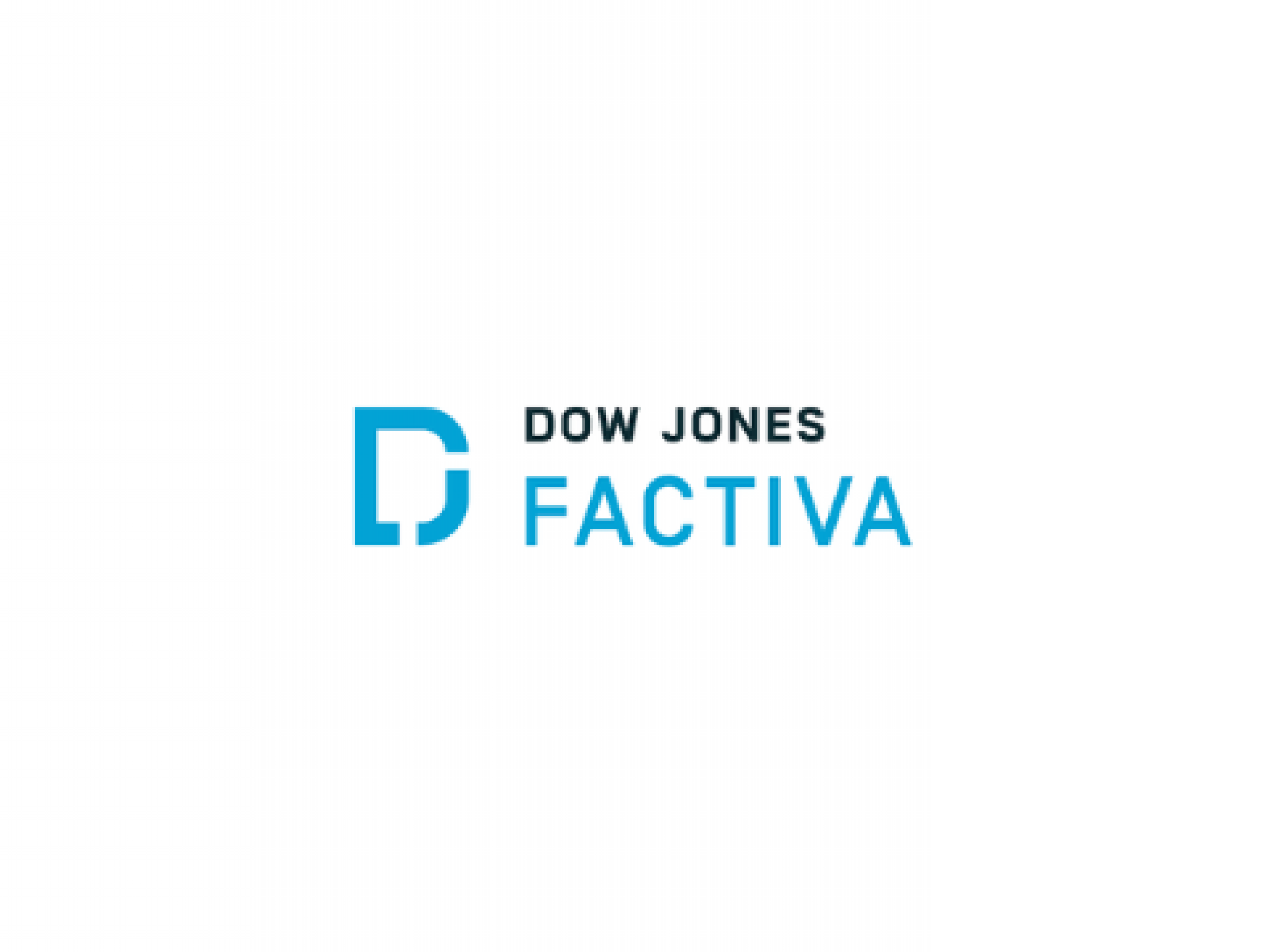
This month, more than 70,000 people convened at the Web Summit in Lisbon, Portugal.
Perspectives on the opportunities and challenges currently facing business, innovation, and government were discussed.
Benzinga attended and spoke with Dow Jones Factiva's Traci Mabrey. Here’s the conversation that transpired (edited for clarity and concision):
BZ: Nice to meet you, Traci. Care to start off with an introduction?
Mabrey: This is my third decade in this business. In the beginning, I fell into it while on a break from school. At the time, I was in Minneapolis — known for its significant broker-dealer and banking presence. I ended up beginning my career at Piper Jaffray, now Piper Sandler Companies (NYSE:PIPR), and they carried an amazing reputation, given their size and Wall Street presence.
What specifically did you do at Piper Jaffray?
I started out in training because I was great at talking. They took advantage of that and had me train research analysts and bankers. That turned into an aptitude for fintech. I ended up running their market data relationships. So, I spent time in wealth management and fintech, as well as news and market data.
What inspired the switch to Dow Jones?
It’s an exciting time. Market data has been infused with news and media for a long time. Being able to deliver news and media, in a very transparent and interesting way, is a very meaningful and purposeful thing to do.
People tend to trust themselves and their embedded networks more than large institutions. How do you penetrate those segments, and reach the underserved?
That generational focus, both on the consumption and trustfulness of news and the validation, is an important topic. We're wholly transparent about all of the sources of information that are propagating our stories. Where we've been working and will continue to work is surveying and being in contact with our end users across multiple generations. We've been working with Generation Z and Alpha, as well as millennials. We’re trying to dissect the network effects and their responses to headlines, and whether they self-research. This idea of trust but verify seems like it's a natural progression for news and media.
How do you discover trends and their evolution?
We believe in surveys with the organizations that we serve. We serve corporates and financial services, we serve governments, and we serve academic institutions. So we're very mindful, at an organizational level, of listening to customer and prospect feedback. We’re also partnering with different organizations and peers in the business.
Are you also tapping into audio interest and packaging those features for a retail investor or institution?
You have to put your consumer hat on. We have our voice solutions in our house, by and large. We have voice-activated solutions in cars. We're able to do voice text.
The voice activation component is just there in our regular lives. We’re pursuing that, and have done a couple of prototypes using voice-activated searches.
How do you best communicate tonal data?
It’s something we’re still working through from a packaging perspective. It’s sentiment and we have to ask ourselves: “How do we glean sentiment from data?”
That has been something within our industry for many years now. We've been able to — because of the richness of data taxonomy and tagging data — enrich and understand behaviors, as well as glean sentiment from data as an unstructured component in and of itself, and layer on the nuance of the qualitative component of tone.
How do you maintain competitiveness given all the new entrants popping up?
Factiva has been in the market since 1999. It started out as a joint venture between Dow Jones and Reuters. Factiva has expanded and licensed with publications, media organizations, and aggregators globally, since. We’re also leaning in to become one of the few organizations propelling journalism globally. So, we want to be able to help them get into markets they normally wouldn't be able to get into on their own right and give them a better reach. That’s the value we bring.
What is Factiva’s reach?
We've got a very broad reach, and I think we've got the best source of content. Our archives date back to the 1940s. Not only are we continually bringing in new sources, but we've also got a deep treasure trove of archives fully licensed and attributable back to the publishers.
How do you tap into the data that may be on platforms such as Reddit? In conversations with some traders at well-established funds and banks, I find they will look to those platforms for trade ideas. How do you digest and output that information in a structured way?
Social media is not only a delivery and distribution channel for news services — many news organizations are promoting their own handles and journalists — it’s a consumption channel. For those that are in the news and media business, we need to be working, as an ecosystem, with our partners in social media. What we do at Dow Jones is assess interactivity and interoperability with social media channels and influencer trends. We’re thinking about how chatter, in terms of trending topics, can be laid against news in media publications and source materials, to gauge sentiment.
What are you most excited about?
We're most excited about our brand-new user experience for Factiva. It is a mobile-first natural language. It’s a search-driven experience designed to really bring new decision-makers into the Factiva and Dow Jones ecosystem.







